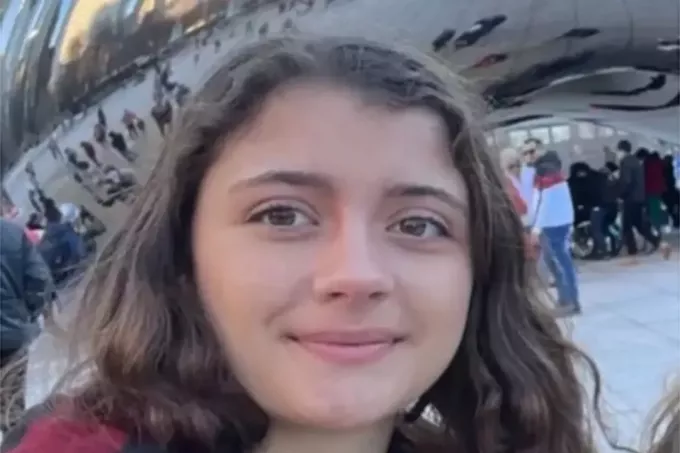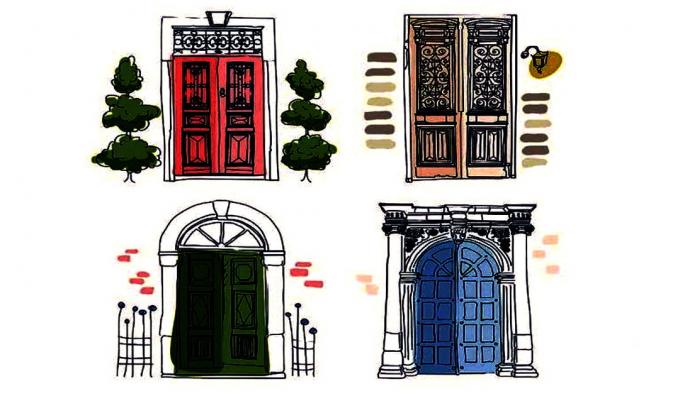The fragmentation of the USSR ended the economic planning model in all the republics that formed the Soviet empire. Russia always represented the most important republic, and the capital Moscow was at the center of the Soviets' strategic decisions. Most of the weapons arsenal and nuclear warheads remained under Russian rule. With the end of the nationalized economy at the end of 1991, the country went through a process of privatization and the attraction of Western investments. Due to the technical weakness of many of these companies, their shares were offered at symbolic prices, as otherwise there would not be large interested in injecting capital into decaying industrial facilities that did not follow the technological modernization that took place in other locations in the planet.
Russia has also begun to face Islamic separatism in the Caucasus region in the south of the country. North Ossetia, Ingushetia, Chechnya and Dagestan remained Russian republics after the end of the USSR. As early as 1991, Chechnya unilaterally declared its independence from the USSR and, in 1993, from Russia. Russian troops invaded the Chechen capital, Grozny, causing the death not only of so-called “Chechen terrorists” but of the civilian population. The sharp interventions of the Russian army imposed the 1st Chechen War (1994-96), which ended with a ceasefire agreement initiated by the government of Russia, exactly in an election year, which makes us reflect on the armed conflicts that, when they do not see a resolution immediate, tend to reduce the popularity of governments that are still seeking their self-assertion, which certainly contributed to the agreement in the Chechnya.
The Boris Yeltsin administration (1991-1999) was responsible for the most painful process of economic and political transition. In historic elections, he was democratically elected to the presidency of the Russian republic on June 12, 1991, when the Soviet Union still existed. In the first years of the post-USSR government, Yeltsin needed to look for mechanisms for the realization of economic opening, which at first it increased the country's social problems and was accompanied by huge inflation - a general increase in prices - which, in 1992, reached a mark above 2.500 %. The pulverized shares of state companies began to be concentrated in the hands of a few speculators, generating a large distancing from the initial proposal of providing net gains for civil society, which could participate in the purchase of these actions. This practice led to the emergence of an economic oligarchy, formed by Russian business groups and some international investors. The banking system remained controlled by local businessmen, acting unscrupulously and with the consent of the federal government.
Amid the sluggishness of some of the economic reforms, in 1993, the opposition tried to pass a impeachment against Yeltsin, who, according to his opponents, had acquired powers deemed unconstitutional, including in the opinion of his Vice President Aleksandr Rutskoy. In addition, there was a sense of denial of the neoliberal policies being conducted by Yeltsin's administration, which echoed through the corridors of the country's Parliament. The impeachment attempt made the president react violently, ordering the bombing of Parliament, which resulted in the death of opposition deputies, in addition to breaking out a conflict that killed hundreds of civilians who staged protests in the capital Moscow.
After this event, Boris Yeltsin further reduced the powers of the legislature and increased executive autonomy. In 1996, there were presidential elections, which divided the country between Yeltsin, an independent party, and Gennady Zyuganov, Communist Party of the Russian Federation, heir to the former Communist Party of the Union Soviet. The situation tried to link Zyuganov to Soviet-era communism, while the opposition used the Chinese example as the possibility of allying a socialist regime with capitalist transformations. The electoral race went into the second round, which was won by Yeltsin and his neoliberal platform. International observers pointed to fraud in these elections, which could never really be denied due to the country's little democratic tradition.
The Russian government continued to implement a risky economic policy of currency devaluation in order to attract dollars into Russia's economy. Debt bonds were traded at extremely high interest rates, inducing speculative investments - those that produce nothing, just bet on high and quick profits. Other investors and even the US government believed it would pay off to invest in the country, as there was a possibility remote from the Russian government to use its nuclear arsenal as a guarantee of payment of debts, which was never, in fact, accomplished. The result of this process was the Russian economic crisis of 1998, when Yeltsin decreed a moratorium on the country's external debt, which involved the renegotiation of more than US$ 32 million. Shortly thereafter, in 1999, Boris Yeltsin's health problems worsened, forcing him to withdraw from the presidency and making his vice president, Vladimir Putin, take control of the country on December 31, 1999.
*Image credits:Mark III Photonics and Shutterstock
Julio César Lázaro da Silva
Brazil School Collaborator
Graduated in Geography from Universidade Estadual Paulista - UNESP
Master in Human Geography from Universidade Estadual Paulista - UNESP
Source: Brazil School - https://brasilescola.uol.com.br/geografia/leste-europeu-paises-que-formaram-urss-parte-iv.htm


